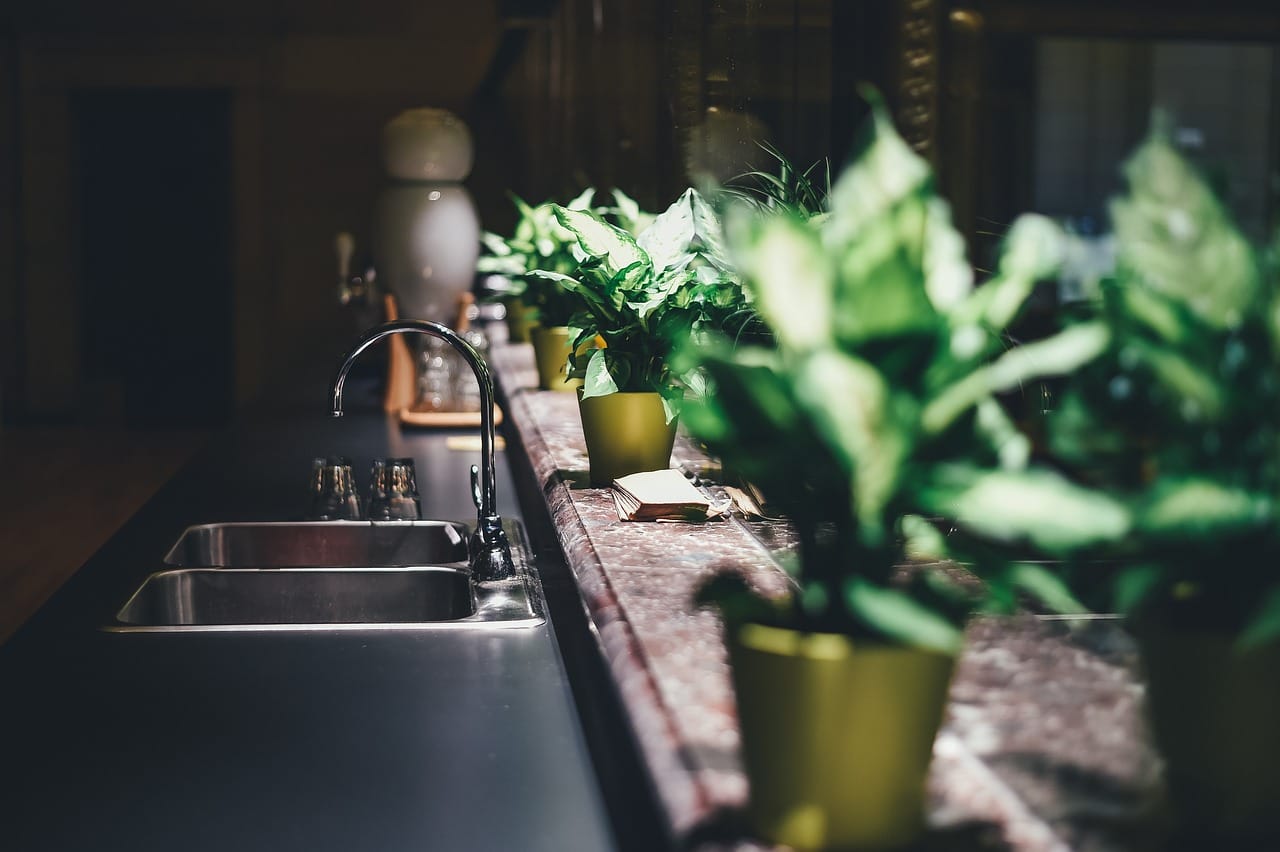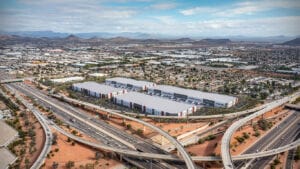The real estate industry is undergoing a transformative shift towards sustainability, driven by increasing consumer demand for eco-friendly living solutions and the urgent need to address environmental challenges. One of the most promising innovations in this field is the advent of modular homes. These pre-fabricated structures are not only revolutionizing how we think about home construction but are also setting new standards for sustainability. In this article, we explore the future of green real estate through the lens of modular homes and highlight the contributions of industry leaders like Deimira Baidoo.
Understanding Modular Homes
Modular homes, also known as prefabricated or prefab homes, are built off-site in a factory setting before being transported and assembled at their final location. Unlike traditional homes that are constructed entirely on-site, modular homes are created in sections or modules that fit together seamlessly. This method of construction offers numerous advantages, particularly in terms of sustainability and efficiency.
The Sustainability Advantage
One of the primary benefits of modular homes is their potential for sustainability. Here are several ways in which modular homes contribute to a greener future:
Reduced Waste
Traditional construction methods often result in significant material waste, with leftover wood, concrete, and other materials frequently ending up in landfills. Modular construction, on the other hand, allows for precise measurements and efficient use of materials. By building homes in a controlled factory environment, waste is minimized, and any excess materials can be recycled more effectively.
Energy Efficiency
Modular homes are designed with energy efficiency in mind. The controlled manufacturing environment ensures that each module is built to exact specifications, reducing gaps and improving insulation. This results in homes that are better sealed and more energy-efficient, leading to lower heating and cooling costs for homeowners. Additionally, many modular homes are equipped with energy-efficient appliances and systems, further enhancing their eco-friendly credentials.
Faster Construction Times
The construction timeline for modular homes is significantly shorter than that of traditional homes. Because the modules are built in a factory setting, work can proceed regardless of weather conditions. This not only reduces construction delays but also minimizes the environmental impact associated with prolonged construction activities, such as emissions from machinery and transportation.
Sustainable Materials
Many modular home manufacturers are committed to using sustainable and eco-friendly materials. This includes everything from recycled steel and reclaimed wood to low-VOC (volatile organic compounds) paints and finishes. By prioritizing sustainable materials, these homes reduce their overall environmental footprint and contribute to healthier indoor air quality.
Economic Benefits of Modular Homes
In addition to their environmental advantages, modular homes also offer significant economic benefits:
Cost-Effectiveness
Modular homes can be more cost-effective than traditional homes due to the efficiencies of the factory construction process. Bulk purchasing of materials, reduced labor costs, and minimized waste contribute to overall savings. These cost reductions can be passed on to homeowners, making green living more accessible to a broader audience.
Predictable Budgeting
Because modular homes are built in a controlled environment, there is less risk of unexpected expenses due to weather-related delays or on-site construction issues. This predictability makes it easier for homeowners and developers to budget accurately and avoid cost overruns.
Deimira Baidoo and the Modular Home Movement
Deimira Baidoo, President of Melcom Homes Ltd., is a pioneering figure in the modular home industry. Under his leadership, Melcom Homes has embraced modular construction as a core component of their commitment to sustainable development. Baidoo’s vision is to create eco-friendly homes that are not only affordable but also contribute to the well-being of the community and the environment.
“Modular homes represent the future of real estate,” says Baidoo. “They offer a practical solution to the challenges of sustainability, affordability, and efficiency. At Melcom Homes, we are dedicated to pushing the boundaries of what’s possible in green construction.”
Challenges and Opportunities
While modular homes offer numerous benefits, there are also challenges to consider:
Perception and Acceptance
One of the biggest hurdles is changing public perception. Some consumers still associate modular homes with low quality or temporary structures. However, as more high-quality modular homes are built and showcased, this perception is gradually shifting.
Regulatory Hurdles
Navigating the regulatory landscape can also be challenging. Building codes and zoning laws vary widely by region, and some areas have outdated regulations that do not accommodate modular construction. Advocating for updated regulations that recognize the benefits of modular homes is essential for wider adoption.
Innovation and Customization
As technology advances, the potential for innovation in modular home design continues to grow. Customization options are expanding, allowing homeowners to personalize their modular homes to suit their tastes and needs. From smart home technology to innovative green building practices, the future of modular homes is bright with possibilities.
The Future Outlook
The future of green real estate is undeniably intertwined with the evolution of modular homes. As more builders and developers adopt modular construction methods, the industry will continue to innovate and improve. Here are some trends to watch:
Integration of Smart Technology
The integration of smart home technology into modular homes is set to become more prevalent. Energy management systems, automated lighting, and smart thermostats can enhance the efficiency and convenience of modular homes, further promoting sustainable living.
Expansion of Sustainable Materials
Ongoing research into sustainable materials will likely yield new options for modular home construction. Innovations in materials science could lead to even more eco-friendly building components, reducing the environmental impact of homebuilding.
Greater Market Acceptance
As awareness of the benefits of modular homes grows, market acceptance will continue to increase. Educational initiatives and demonstration projects can help showcase the quality and advantages of modular homes to a wider audience, driving demand and adoption.
Conclusion
Modular homes are poised to revolutionize the real estate industry, offering a sustainable, cost-effective, and efficient alternative to traditional construction methods. With leaders like Deimira Baidoo championing the cause, the future of green real estate looks promising. As the industry continues to innovate and evolve, modular homes will play a crucial role in creating a more sustainable and eco-friendly built environment.




